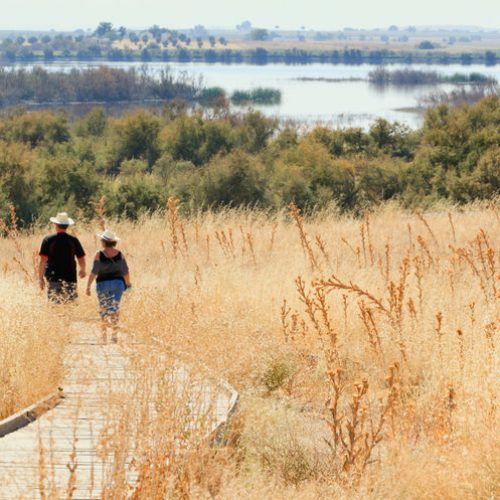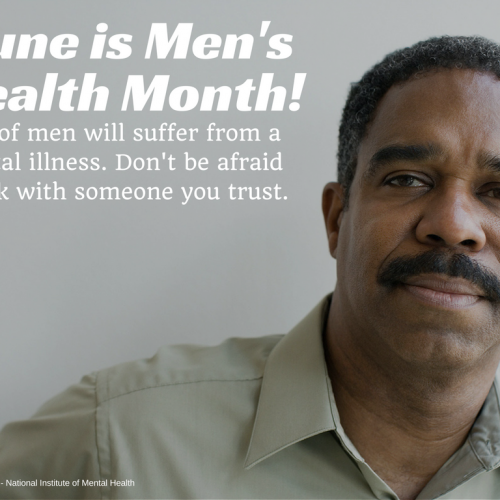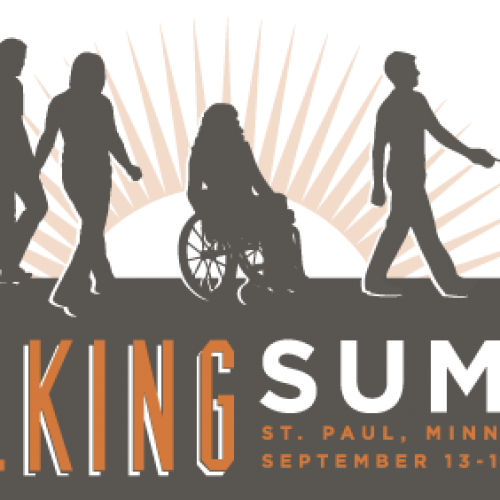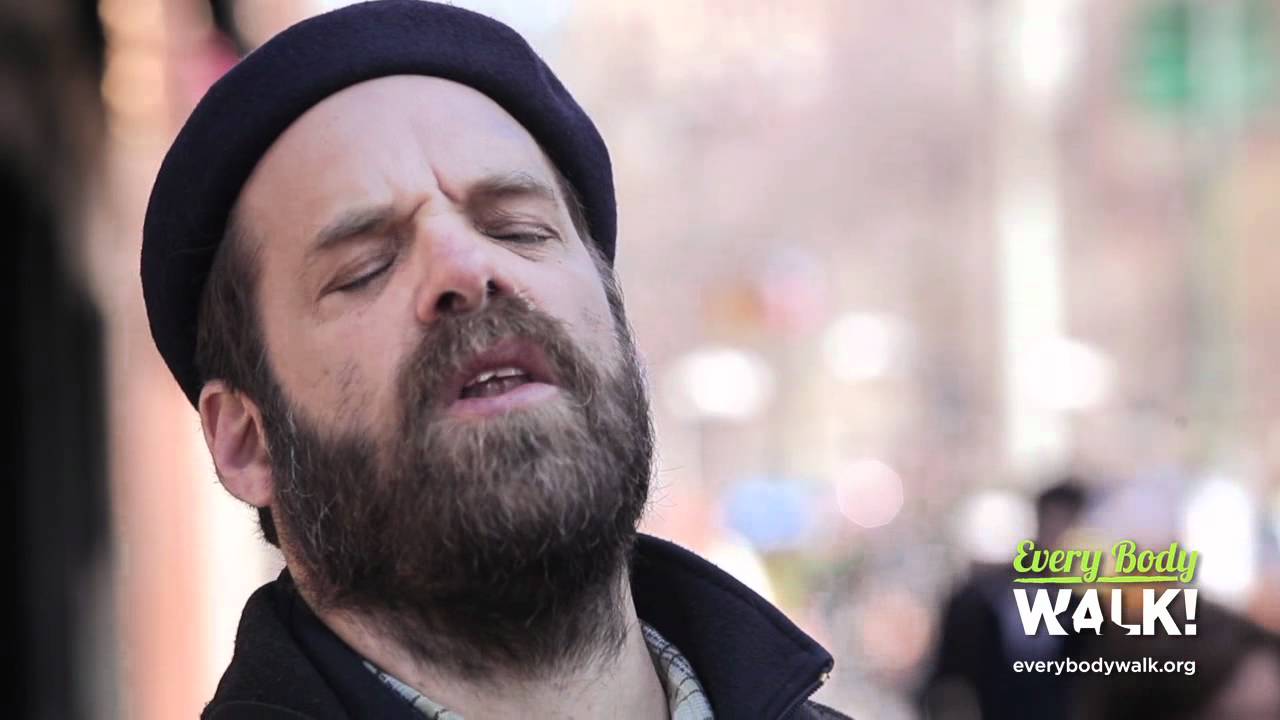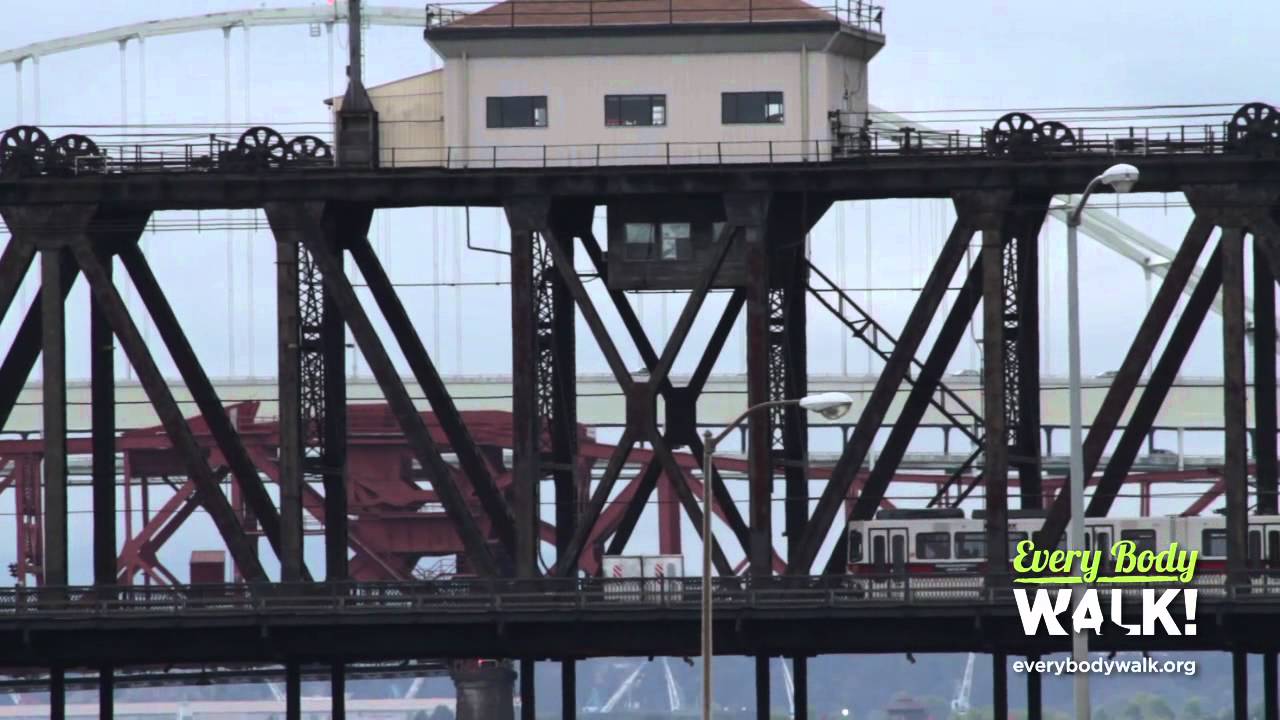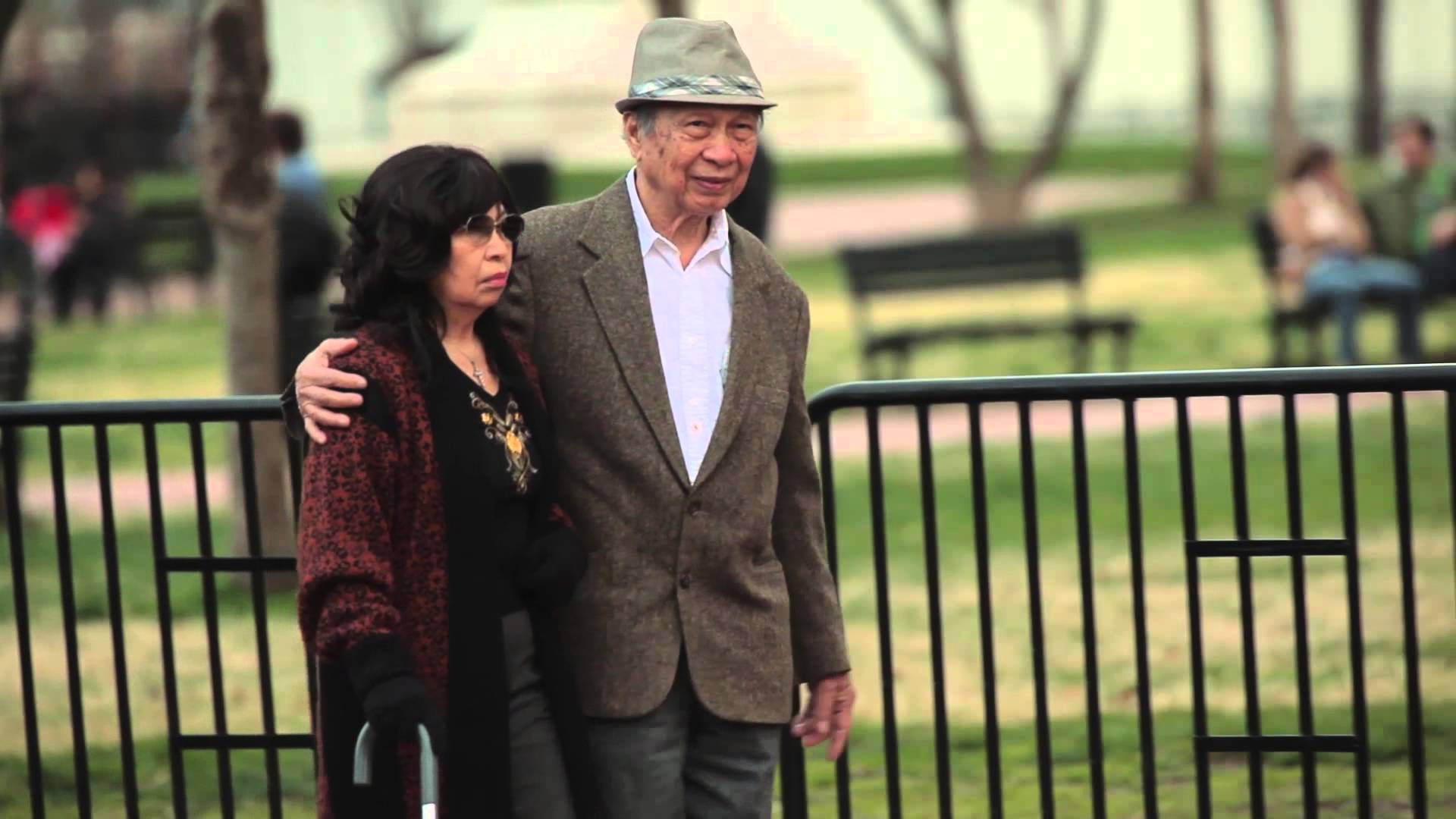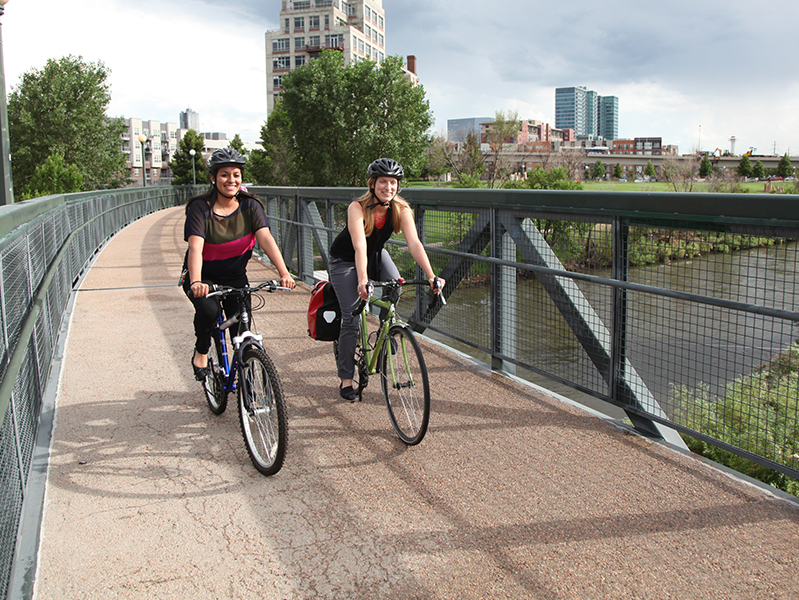
Biking and walking contribute $1.6 billion directly to the state’s economy — and that’s not counting an even bigger boost from health benefits, according to a new study from the Colorado Office of Economic Development and International Trade.
“Biking is fun, much healthier and has a huge economic impact,” said Governor John Hickenlooper, who a year ago pledged $100 million under the Colorado Pedals Project to make the state unrivaled for biking.
Colorado residents are already among some of the most active and least obese in the country. State and local governments have invested heavily in trails, creating more than 5,000 miles of trail in recent decades where people can walk and bike away from traffic.
“Local communities are embracing it,” said Ken Gart, the governor’s bike czar.
Hickenlooper adds that in about seven years, a biker starting at Denver International Airport will be able to travel on trails up to Vail and across to Aspen and then connect into trails leading to the mecca of mountain biking — Moab, Utah.
The study, the first of its kind, provides a sense of what kind of payback the investments of those tax dollars could be providing.
Bicycling contributes $1.1 billion to the Colorado economy, including $434 million spent in-state on bicycle events, races and vacations, and another $448 million spent by out-of-state tourists, estimates BBC Research & Consulting, which conducted the study.
Retail sales of products related to biking and exports of Colorado biking equipment contributed another $185 million.
Although many more people walk than bike, the activity isn’t as equipment intensive. BBC estimates spending on day-hikes by state residents contributed $497 million in economic activity.
Biking and walking greatest benefits, however, come from improved health and longevity.
At current levels, biking in the state prevents 50 deaths and provides $511 million in health benefits, assuming those bicyclists all converted to couch potatoes. Regular walking for exercise prevents about 285 deaths per year and generates $2.7 billion in health benefits.
Boosting the number of regular walkers and bikers in Colorado by another 10 percent would prevent an additional 30 to 40 deaths a year and provide $258 million to $387 million in health benefits.
Another 30 percent hike would reduce deaths by 80 to 120 and provide up to $1.1 billion in benefits. A 60 percent increase could provide up to $2.3 billion in benefits and cut 160 to 240 deaths per year.
The study, however, didn’t adjust those benefits for the number of additional fatalities and serious injuries that could result if more people started walking and biking.
Source: The Denver Post
November 8, 2016
By Aldo Svaldi
http://www.denverpost.com/2016/11/08/biking-and-walking-bring-1-6-billion-in-benefits-to-state-aside-from-improved-health/

